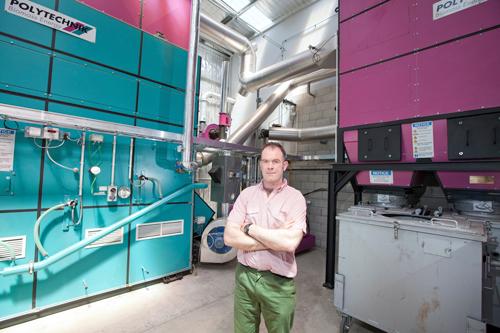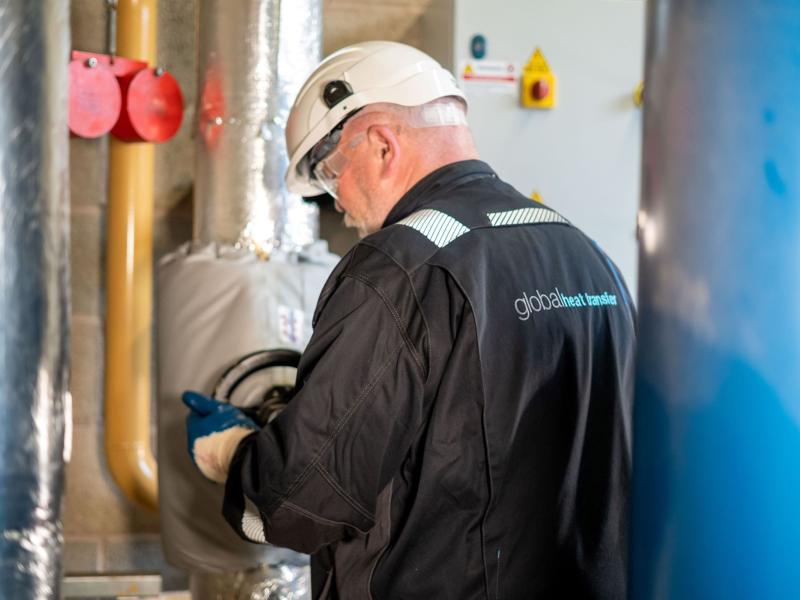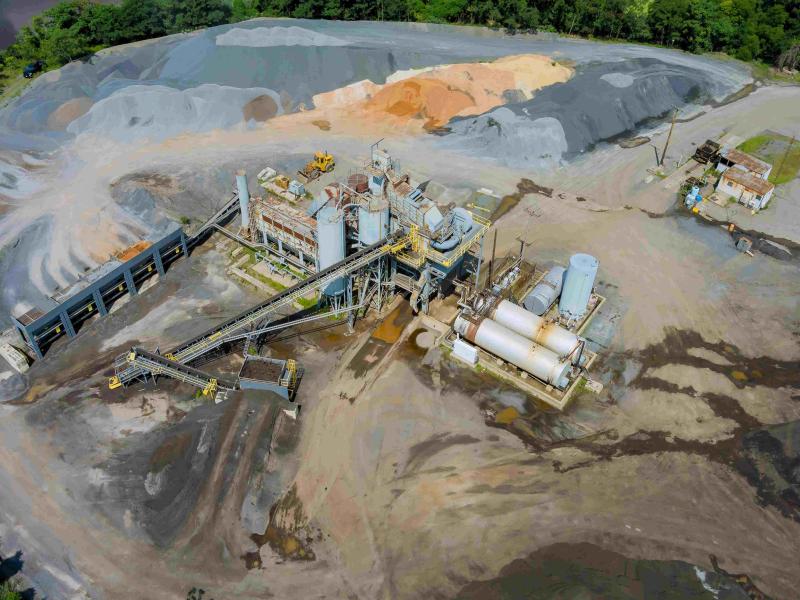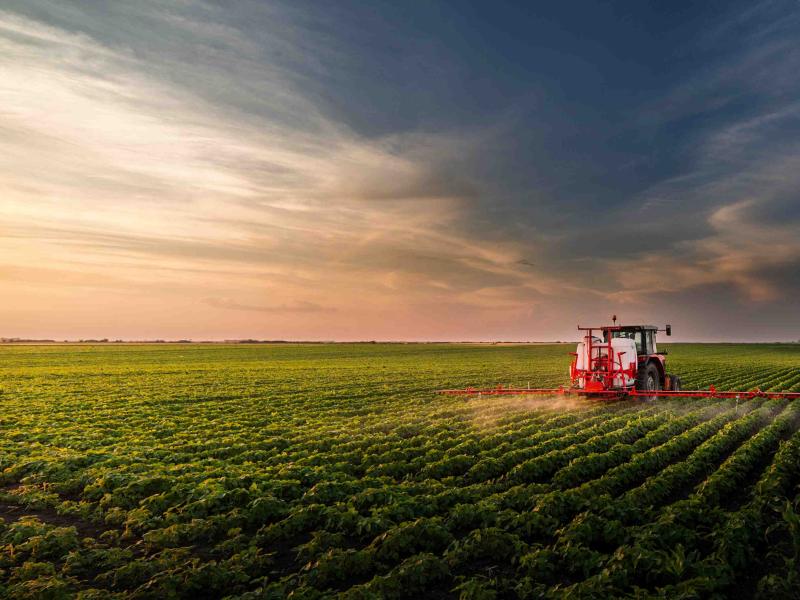Boilers were centre stage at the 2014 EECA Awards on 28 May – with the Supreme Award going to a New Zealand-first bioenergy installation.
K&L Nurseries, a flower-growing operation in Christchurch, won the Small to Medium Business Award, was highly commended for innovation, and won the Supreme Award for its ‘adiabatic’ boiler supplied by Polytechnik.
The boiler broke new ground in New Zealand, having the capability to pre-dry and gasify fuel before combustion.
This means the firm can use fuel with up to 60 per cent moisture content, giving unprecedented fuel flexibility and low ongoing energy costs.
The business now burns its own trimming as fuel, as well as buying in cheap ‘hog’ wood fuel, saving around $100,000 a year in energy costs.
The awards judges commended K&L Nurseries’ courage as a small company being prepared to be a trailblazer, and said it had carried out meticulous research, including site visits to Europe, when considering their long-term energy options.
“This is a genuinely unique, game-changing project – all the more impressive that it’s been carried out by a family-run operation. The results are hugely impressive in terms of energy cost, CO2 reduction and benefits to the business,” said the judges.
They also praised K&L’s intent from the outset to use the plant as a reference site, with energy metering set up specifically to share learnings from the project with other operations. The company owners have been proactive in showcasing their boiler to other heat users, including winemakers, with other local growers set to commission similar technology.
Another remarkable boiler project honoured in the EECA Awards was at Momentive Specialty Chemicals, also in Christchurch. Together with Energy Plant Solutions, the company won both the Large Business and Innovation Awards, for a project that converted the plant’s boiler to run on waste gas. This makes continuous operation possible without the need for any fossil fuels – cutting energy use and CO2 emissions by 90 per cent.
The judges said this project showed “extremely impressive vision and execution”, using a whole value chain approach to turn a liability into an asset.
Honeywell and the Southern District Health Board were commended for a project to install a 950kW wood-chip fired boiler at Wakari Hospital in Dunedin, replacing LPG. The installation had to be managed without interrupting hot water supply. The DHB is now saving more than $300,000 a year in energy costs – a saving that was guaranteed by Honeywell.
The EECA awards attracted 150 entries. Collectively, awards entrants have reduced or avoided 200,000 tonnes of CO2 emissions, and the value of energy saved or generated is $100m.
For more on the award winners see: www.eecabusiness.govt.nz






